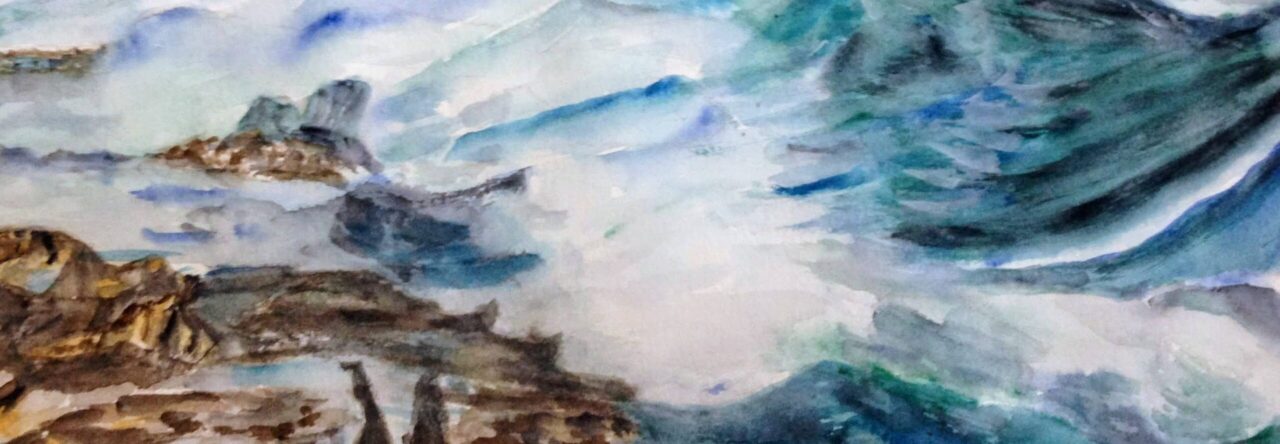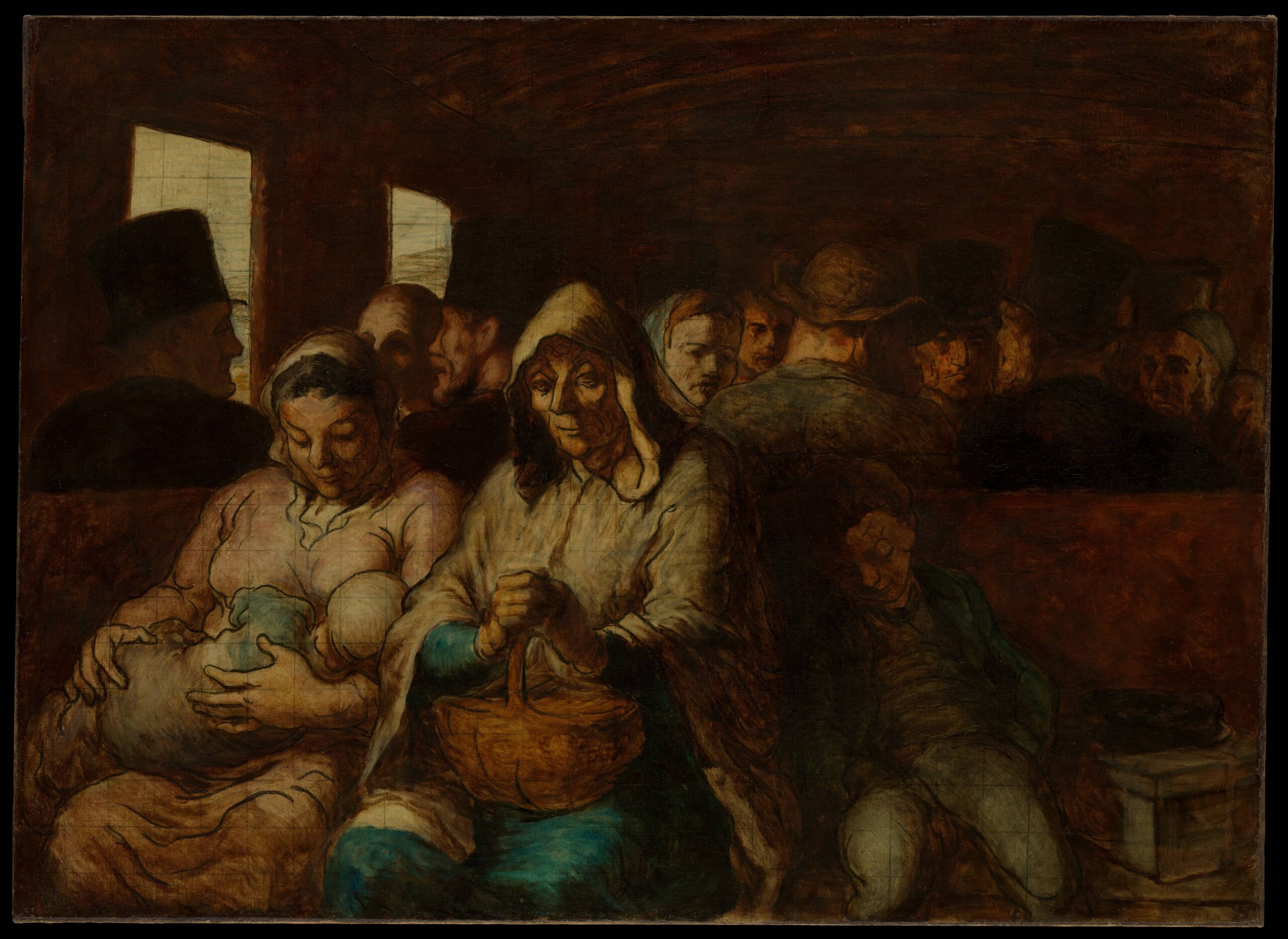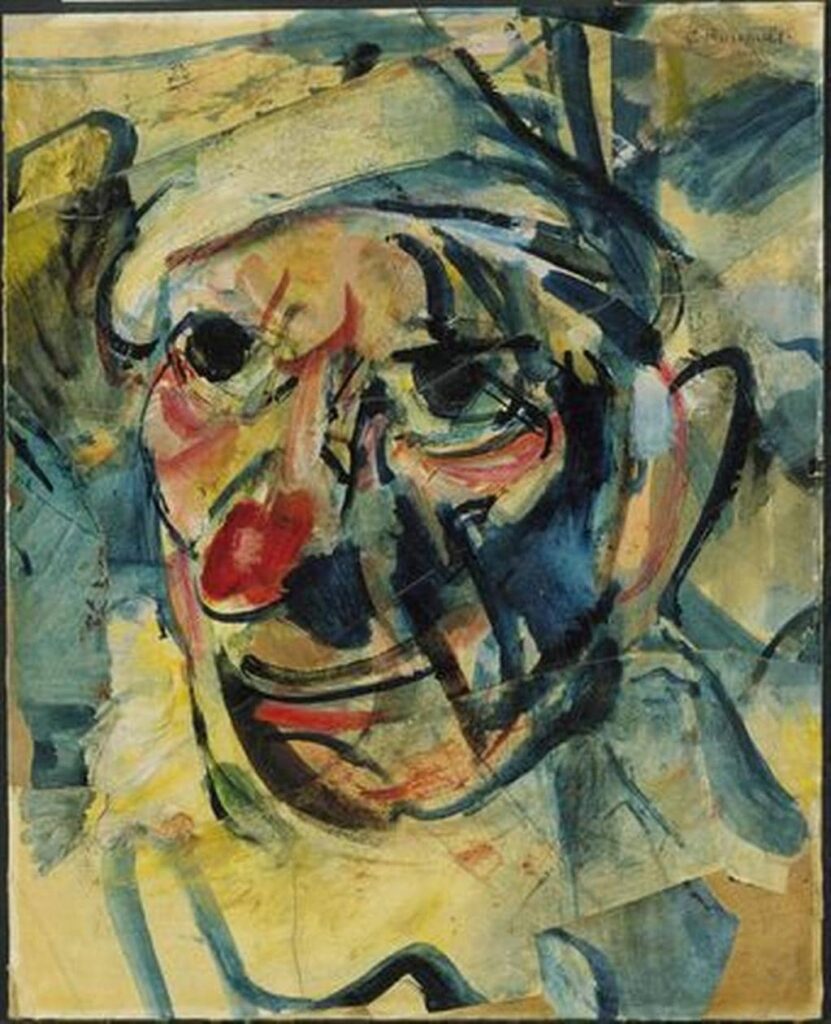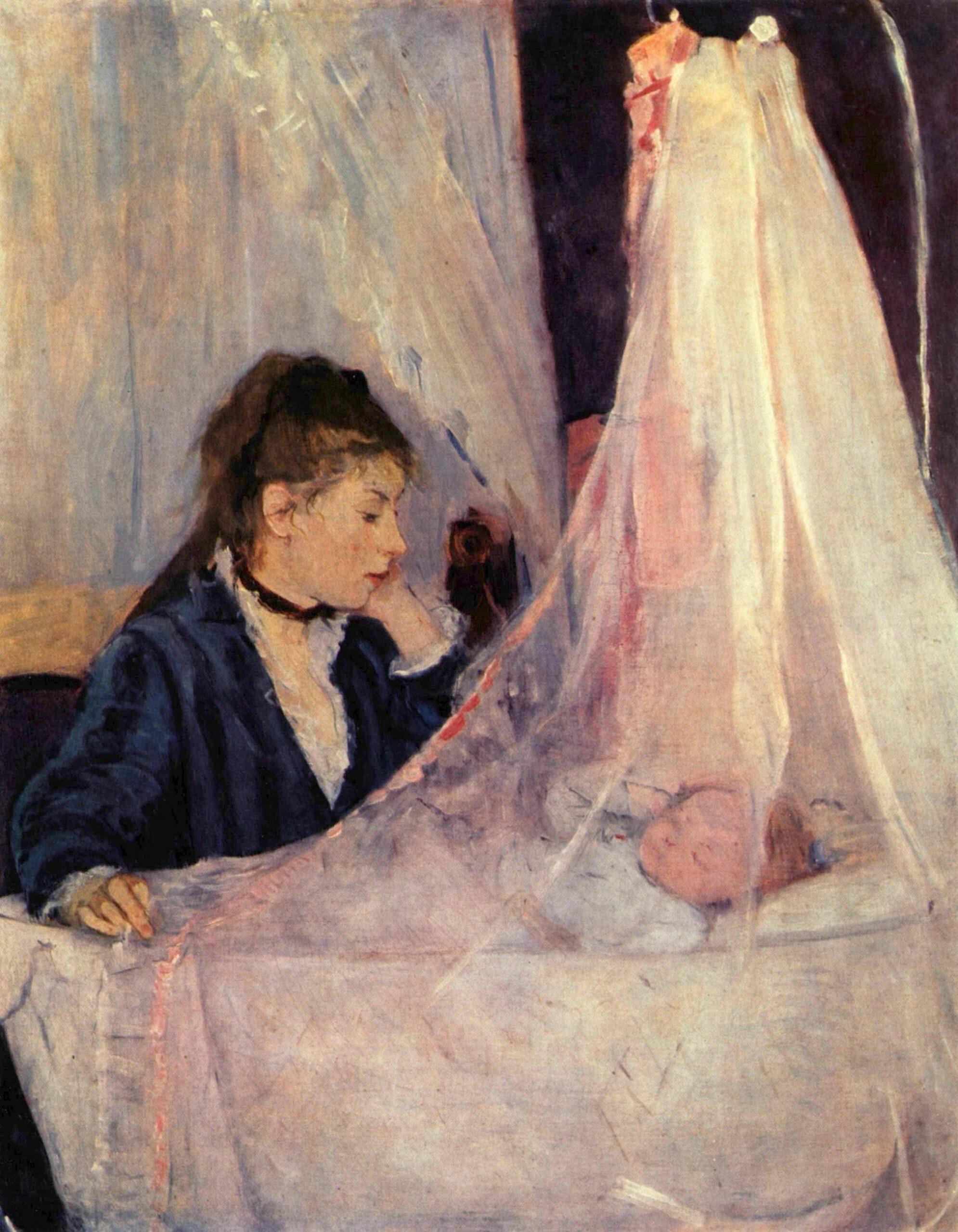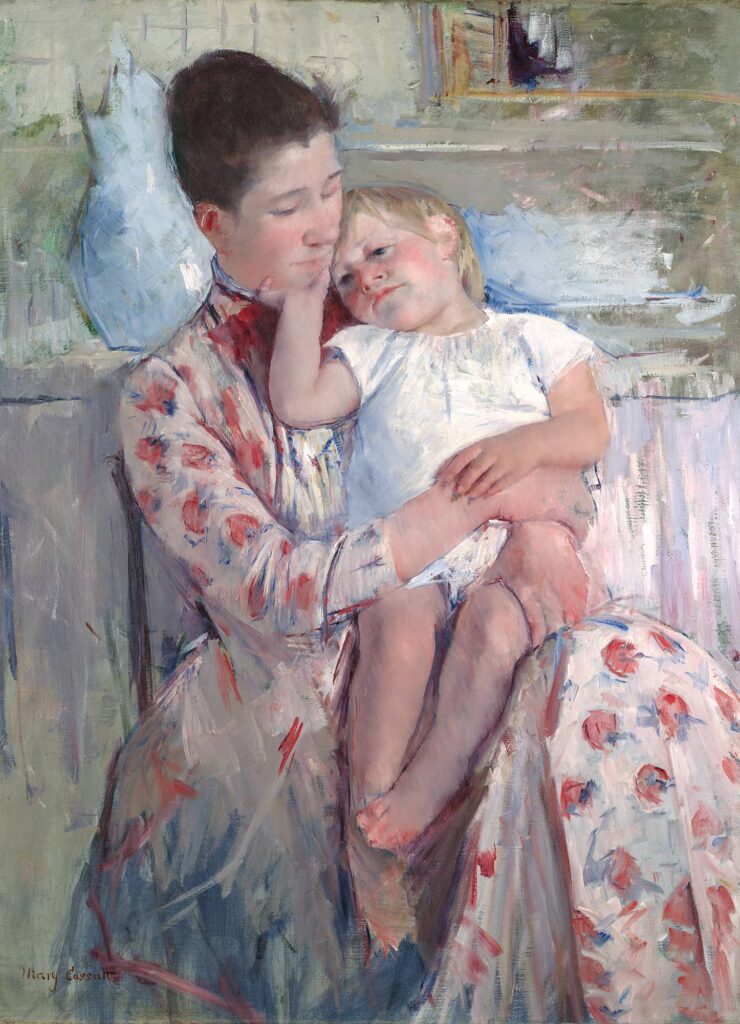I’m writing a letter. The letter is addressed to someone. We’ve had a dysfunctional relationship. There have been highs and lows, peaks and troughs, warmth and resentment. The letter asks one question, “Have we ever really understood each other?”
Maybe we almost did when I was lying on that hospital bed, and all I wanted was to go back home. You wanted the same too. We showed good progress and were discharged within a week.
Or maybe it was after Dad’s funeral when I tried my best to fight back the tears so that I could be a shoulder on whom yours flowed freely.
There are many instances worth noting. Many where we have both understood and misunderstood each other. Sometimes within the span of the same second.
This letter is addressed to my mother.
A parent-child relationship is both a pillar and a boulder. A pillar to lean on when we are exhausted to our bones but also a boulder we get crushed under at the most inopportune moment. It’s a blanket we wrap ourselves in but also a cross whose weight our shoulders could barely develop a callous against.

Is Mother Dead by Vigdis Hjorth is about one such dysfunctional parent-child relationship. It is about a daughter trying to understand her mother and a mother trying to reconcile with scars whose depth goes beyond generations. It is a painfully visceral first-person account of both generational trauma and survivor’s guilt.
An example is the plot thread when the protagonist contemplates about feeling betrayed by her mother because, after her father’s death, her mother appears to have moved on while the protagonist feels left behind. It is especially in this instance when the title “Is Mother Dead” invites contemplation in the reader’s mind. The “mother being dead” is the mother who was once grieving. The mother, who has moved on, feels like a separate person to the protagonist. There are many such “deaths” the mother falls prey to in the daughter’s mind throughout the course of the novel. This is in tandem with the daughter trying to connect with her mother in her “current” self while reconciling with the fact that the mothers she has lost over the course of her life are never coming back.
The mother, on the other hand, is exorcising demons of her own. From concealing her left arm, a bearer of the scars of her multiple suicide attempts, from her daughter to being the victim of generational trauma, which inevitably gets carried on in her parenting.
Is Mother Dead is a scalding examination of the fatalistic dichotomy of a parent-child relationship where the thorns are as prevalent as the caresses.

